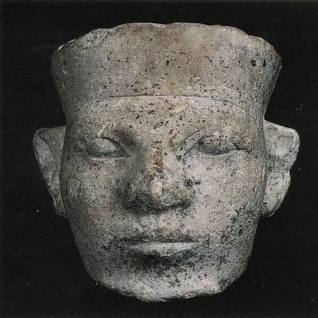
Reviewing the views1 of Benny Morris as expressed in his writings is illuminating. Paraphrasing his words is likely to lead to disbelief so he must be allowed to speak for himself.
In 2004 Benny Morris wrote:
‘There are circumstances in history that justify ethnic cleansing. I know that this term is completely negative in the discourse of the 21st century, but when the choice is between ethnic cleansing and genocide—the annihilation of your people—I prefer ethnic cleansing.’
Of course, the issue put is naive. The Germans held that the Jews wished to destroy German society and the German nation. That is how massacres are promoted. It is always how massacres are promoted. Therefore, the statement that the choice was between ‘annihilation of your people’ is entirely unfounded.
He then states:
‘But in the end the Arabs have 22 states. The Jewish people did not have even one state. There was no reason in the world why it should not have one state. Therefore, from my point of view, the need to establish this state in this place overcame the injustice that was done to the Palestinians by uprooting them.’
This argument would justify Israel taking over The Netherlands or Jakarta. The Nazis had a word for it: Morris is seeking lebensraum.
Then he argues that Israel is justified just as the US was when it annihilated the native Americans:
‘Even the great American democracy could not have been created without the annihilation of the Indians. There are cases in which the overall, final good justifies harsh and cruel acts that are committed in the course of history.’ This is a deeply unfounded counterfactual. If the Americans did not have the power then the choice of annihilating the native Americans would not have been available. America would be a different society than it is today.
But if the genocide of native Americans is justified in building the new America, what might not be justified in building the thousand-year Reich?
Morris is also regretting deeply that Ben Gurion did not go for a final solution to the Palestinian problem:
‘If Ben-Gurion had carried out a large expulsion and cleansed the whole country – the whole Land of Israel, as far as the Jordan River. It may yet turn out that this was his fatal mistake. If he had carried out a full expulsion – rather than a partial one – he would have stabilized the State of Israel for generations.’ But this was the Nazis’ first choice: complete expulsion.
He does accept that ‘at this moment’ in 2004 such an act would not be ‘realistic’ as ‘The world would not allow it, the Arab world would not allow it,’ and then he adds: ‘ But I am ready to tell you that in other circumstances, apocalyptic ones, which are liable to be realized in five or ten years, I can see expulsions’ and this would ‘be entirely reasonable’.
Morris’ recommendation is: ‘Something like a cage has to be built for them. I know that sounds terrible. It is really cruel. But there is no choice. There is a wild animal there that has to be locked up in one way or another.’
Then he states: ‘Ben-Gurion argued that the Arabs understand only force and that ultimate force is the one thing that will persuade them to accept our presence here.’ However, given the changing balance of power his following statement is dearly in need of updating. He followed by: ‘… in the end, what will decide their readiness to accept us will be force alone. Only the recognition that they are not capable of defeating us.’ Given the forces of Turkey, Pakistan, Iran there is no doubt Israel would be defeated. So in the end Israel simply depends on the US security guarantee. In effect, the ‘us’ means ‘Israel and the US’ which will always be a hostage to domestic US politics and the US perception of its ultimate interests.
Many will feel that these were Morris’ views in 2004 and he has modified them since then. However, in 2015, he stated:
‘ But I don’t think I have changed anything I have ever written. I would take nothing back regarding my views about 1948 or the conflict…’ 2
What can one say?
Endnotes
References

